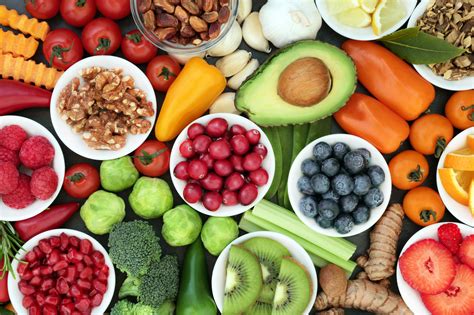Unlocking Peak Male Performance: The Fuel Equation
For men aiming to excel in all facets of life—from demanding careers to intense gym sessions—the quality of their fuel is paramount. Optimal energy, razor-sharp focus, and rapid gym recovery aren’t just about effort; they’re deeply rooted in specific nutritional strategies. So, what exactly constitutes this optimal “fuel” that can transform male performance?
The Pillars of Peak Performance Fuel
The foundation of an energised body and mind lies in a strategic balance of macronutrients, supplemented by crucial micronutrients.
1. Complex Carbohydrates: The Brain & Body’s Primary Energy Source
Far from being the enemy, complex carbohydrates are the ultimate fuel for sustained energy and cognitive function. Unlike simple sugars that lead to quick spikes and crashes, complex carbs provide a steady release of glucose, powering both intense workouts and focused work periods. Think whole grains like oats, quinoa, brown rice, sweet potatoes, and various fruits and vegetables. These also provide fiber, crucial for gut health and nutrient absorption.

2. Lean Proteins: The Architects of Recovery and Muscle Growth
Protein is non-negotiable for recovery, muscle repair, and growth. Adequate protein intake is vital not just post-workout but throughout the day to support a positive nitrogen balance, which is essential for male physiological function. Sources like lean meats (chicken breast, turkey, lean beef), fish (salmon, cod), eggs, dairy (Greek yogurt, cottage cheese), and plant-based options (lentils, beans, tofu) deliver the essential amino acids needed to rebuild and strengthen tissues, crucial for rapid gym recovery.
3. Healthy Fats: Hormonal Balance and Sustained Vitality
Often misunderstood, healthy fats are critical for hormone production, including testosterone, which is vital for male energy, mood, and muscle mass. They also provide a dense, sustained energy source and support nutrient absorption. Incorporate avocados, nuts, seeds, olive oil, and fatty fish rich in Omega-3 fatty acids (like salmon and mackerel) into your diet. Omega-3s, in particular, are powerful anti-inflammatories, aiding in recovery and joint health.

Crucial Micronutrients for Enhanced Function
Beyond macronutrients, a host of vitamins and minerals play indispensable roles:
- B Vitamins: Essential for energy metabolism, converting food into usable energy. Deficiencies can lead to fatigue and reduced focus. Whole grains, lean meats, and leafy greens are excellent sources.
- Vitamin D & Zinc: Both are vital for testosterone production and immune function. Vitamin D also supports bone health and mood. Sun exposure, fatty fish, and fortified foods provide Vitamin D, while zinc is found in red meat, shellfish, and legumes.
- Magnesium: Involved in over 300 biochemical reactions, including muscle and nerve function, blood glucose control, and energy production. It also aids in sleep quality, which is paramount for recovery. Green leafy vegetables, nuts, seeds, and whole grains are rich in magnesium.
- Iron: Essential for oxygen transport, preventing fatigue. Red meat, spinach, and lentils are good sources.

The Power of Hydration and Timing
No discussion of optimal fuel is complete without mentioning hydration. Water is involved in every metabolic process, nutrient transport, and temperature regulation. Even mild dehydration can significantly impair cognitive function and physical performance. Aim for consistent water intake throughout the day.
Furthermore, nutrient timing can amplify results. Consuming a balanced meal with carbohydrates and protein 1-2 hours before a workout provides energy, while a post-workout meal or shake (within 30-60 minutes) kickstarts recovery and muscle protein synthesis.

Strategic Supplementation: An Edge, Not a Replacement
While whole foods should always be the priority, certain supplements can provide an additional edge when diet isn’t quite enough or specific goals are pursued:
- Creatine Monohydrate: Proven to enhance strength, power, and muscle mass, aiding in high-intensity training and recovery.
- Omega-3 Fatty Acids (EPA/DHA): If dietary intake of fatty fish is low, a supplement can help reduce inflammation and support cardiovascular and brain health.
- Caffeine: Can boost focus and energy for workouts, but should be used judiciously to avoid sleep disruption.
- Protein Powder: A convenient way to meet daily protein targets, especially post-workout.

Conclusion: A Holistic, Fuel-First Approach
There isn’t one single “magic” fuel, but rather a synergistic combination of specific dietary components that collectively optimize male energy, focus, and gym recovery. Prioritizing complex carbohydrates, lean proteins, and healthy fats, alongside a rich intake of key micronutrients, forms the bedrock. Couple this with consistent hydration and strategic nutrient timing, and you unlock a powerful blueprint for sustained high performance. Fueling your body intelligently isn’t just about surviving; it’s about thriving, pushing boundaries, and achieving your peak potential.




